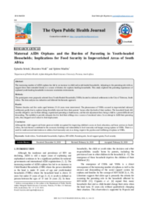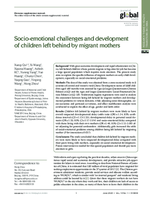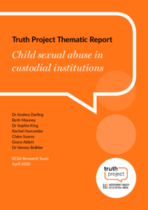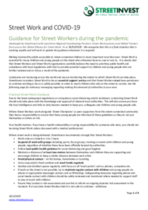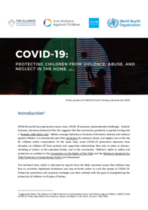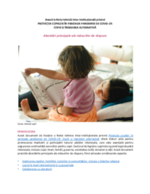Maternal AIDS Orphans and the Burden of Parenting in Youth-headed Households; Implications for Food Security in Impoverished Areas of South Africa
This study explored the parenting experiences of orphaned youth heading households in resource-constrainted environments.

